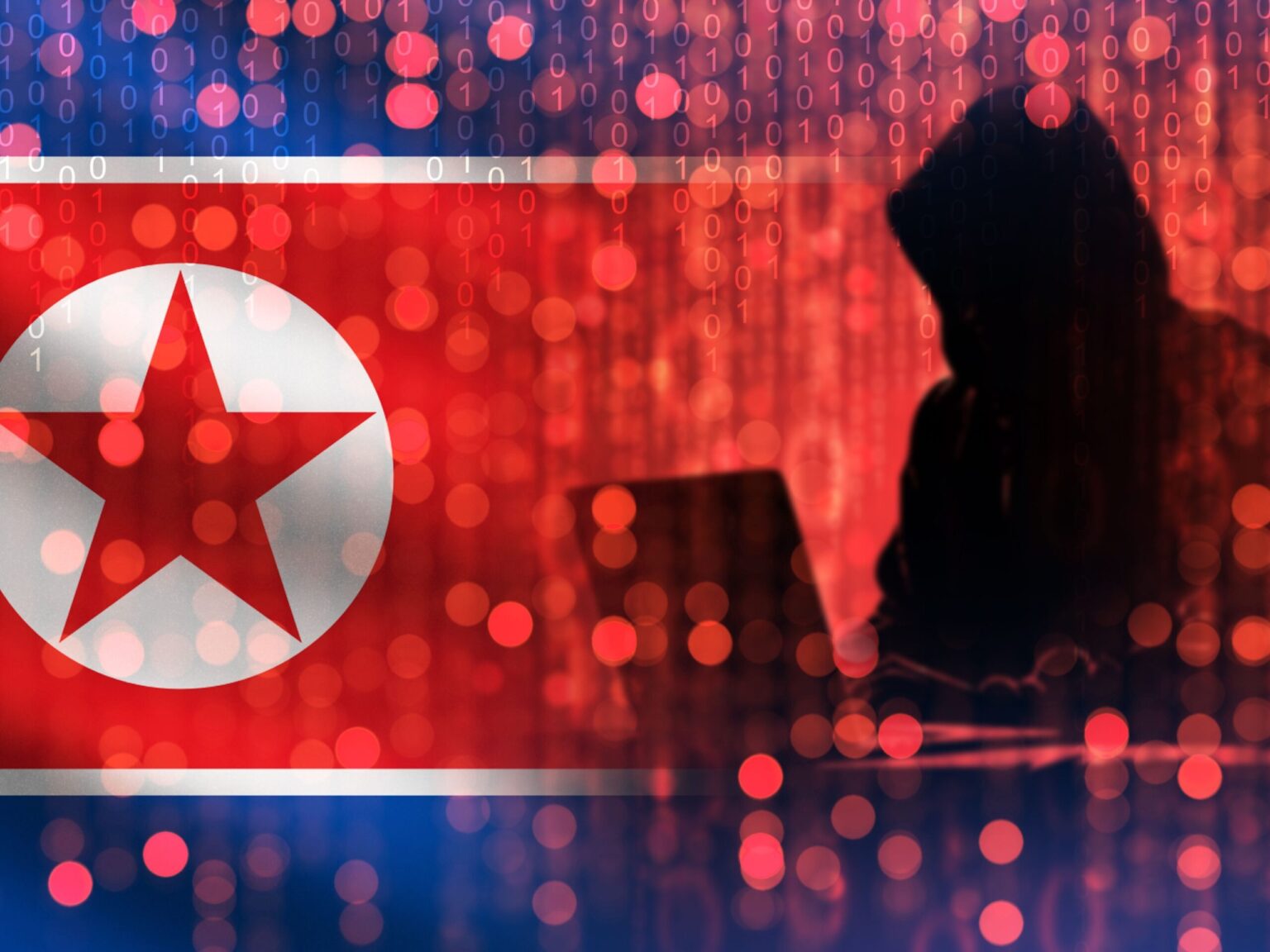In today’s digital world, the surge in cryptocurrency has transformed the financial landscape, creating both opportunities and challenges. Among the pressing challenges is the growing threat of cyberattacks, particularly those linked to state-sponsored entities. One such entity, North Korea, has recently gained notoriety for its involvement in sophisticated cryptocurrency heists and cyber warfare. As global leaders prepare to convene in Alberta, Canada, this cyber menace is poised to be a central issue of discussion. With measures aimed at fortifying cybersecurity and curbing illicit crypto activities, the international community is set to take a decisive stance against these threats.
Strengthening Global Cybersecurity Against North Korean Threats
North Korean Cyber Operations in Focus
Over the past two years, cyberattacks linked to North Korea have significantly escalated. In 2024, North Korean-affiliated hackers orchestrated 47 major cryptocurrency thefts, accumulating over $1 billion, according to blockchain analytics firm Chainalysis. This marks a dramatic increase from the $661 million pilfered the previous year. A notable incident occurred in February 2025 when hackers siphoned off approximately $1.5 billion from the Dubai-based cryptocurrency exchange, Bybit. The FBI later identified the perpetrators as the Lazarus Group, the same entity responsible for the 2014 Sony Pictures breach. The stolen assets were swiftly converted into Bitcoin and dispersed across thousands of cryptocurrency wallets, complicating the tracking efforts.
The Link Between Cyber Theft and North Korea’s Military Ambitions
Analysts and government officials suggest that the proceeds from these cyber heists are not used for luxury buys or bank hoarding. Instead, they are allegedly redirected to fund North Korea’s defense initiatives, including missile technology and nuclear weaponry, areas heavily sanctioned by the international community. Cryptocurrency serves as a conduit for Pyongyang to bypass these sanctions, enabling the discreet financing of its weapons programs. In response, Western nations are raising alarms about this growing threat, with the G7 intending to deliver a firm message that such actions will no longer be tolerated.
The Role of North Korean IT Professionals in the Global Tech Arena
Beyond hacking, North Korea has established a network of freelance cyber specialists worldwide. Many are based in countries like China or Russia, securing remote work under pseudonyms. In one instance, a North Korean operant infiltrated a cryptocurrency firm’s recruitment process by repeatedly applying under various aliases. According to the U.S. Department of Justice, these operatives employ forged resumes, disposable email accounts, and unaware intermediaries to bypass security screenings.
Conclusion: A United Front Against Cyber Threats
This comprehensive guide sheds light on the intricate web of North Korea’s cyber activities, offering insights into the technological and geopolitical ramifications. The steps taken by global leaders are pivotal in curbing these threats and safeguarding the integrity of the international financial system. The FAQs below further delve into the implications of these cyber operations, equipping readers with the knowledge to understand and counteract such threats.
How does cryptocurrency enable North Korea to bypass international sanctions?
Cryptocurrency allows North Korea to circumvent global sanctions by providing an unregulated platform for transactions. Through digital currencies, the regime can discreetly fund its defense programs without engaging in traditional financial transactions susceptible to international oversight.
What measures can international bodies take to combat North Korean cyber threats?
International organizations can enhance cybersecurity protocols, impose tighter regulations on cryptocurrency exchanges, and increase sanctions on entities that facilitate North Korea’s illicit activities. Collaborative efforts among nations are crucial to developing robust strategies that effectively deter these cyber threats.
Are there any legitimate North Korean tech workers in the global market?
While North Korea does have IT professionals skilled in various technologies, the legitimacy of their involvement in the global market is often questionable due to the clandestine nature of their operations. Many work under false pretenses, making it challenging to verify their credentials without thorough scrutiny.

